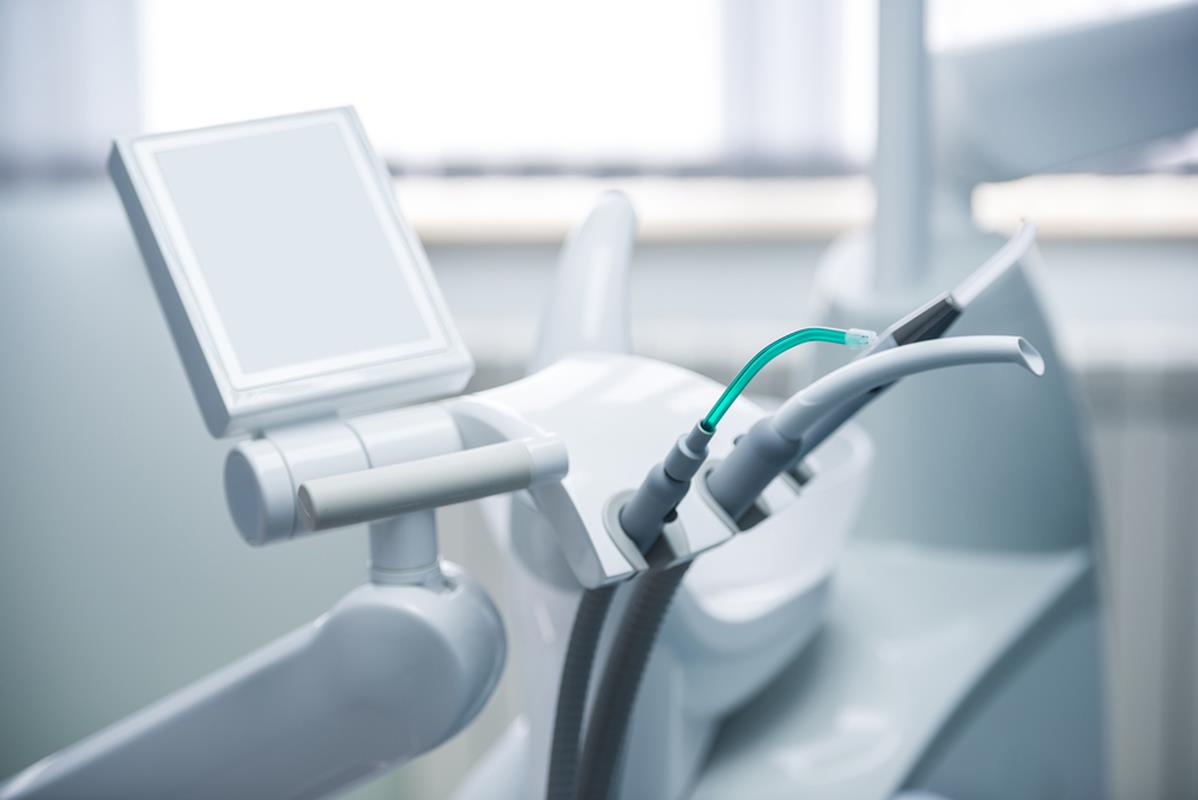
Maxillofacial prosthodontics plays a crucial role in addressing congenital disabilities, traumatic injuries, and cancers of the head and neck region. This specialized branch of dentistry focuses on the rehabilitation, management, replacement, and restoration of lost or missing structures and functions due to maxillofacial defects. When surgical reconstruction has reached its limits or when surgery is not a viable option, prosthetic devices are utilized to rebuild facial structures. These prosthetics help restore aesthetics, speech, chewing function, and ultimately, the overall quality of life. Maxillofacial prosthetics requires a multidisciplinary approach, incorporating expertise from prosthodontics, head and neck oncology, plastic surgery, otolaryngology, and other specialized fields.
Benefits of Maxillofacial Prosthetics
Maxillofacial prosthetics can provide significant benefits in improving both the function and appearance of patients with head and neck defects. Some of the key benefits include:
- Restoration of oral functions: By reconstructing damaged or missing areas, maxillofacial prosthetics enable individuals to regain their ability to chew, swallow, and speak normally.
- Correction of congenital defects: Patients born with maxillofacial disorders, including defects in the ears, teeth, gums, or palate (such as cleft lip and palate), can benefit from prostheses to restore oral health and improve functionality.
- Restoration of facial aesthetics: For patients who have suffered severe trauma or were born with facial defects, maxillofacial prosthetics help restore the appearance of the face, improving cosmetic outcomes.
- Improved quality of life: Maxillofacial prosthetics contribute to a better quality of life by enabling normal oral functions, restoring facial aesthetics, and boosting self-esteem.
- Enhanced confidence: Restoring the mouth, jaw, and teeth can improve confidence in your facial appearance, making it easier to engage in social interactions and feel comfortable with your smile.
Types of Maxillofacial Prosthetics
Maxillofacial prosthetics encompasses a wide variety of devices, each designed to address specific issues caused by defects or injuries. Below are some of the most used prosthetic devices:
- The opening between the mouth and sinus or nose is sealed.
- Improved speech and articulation.
- Food and liquids are prevented from entering unwanted spaces.
- Replaced missing gums and teeth.
- Restored normal jaw function and facial appearance.
- Restored speech function.
- Food and fluid are prevented from entering the nasal cavity.
- Helps patients communicate more effectively.
